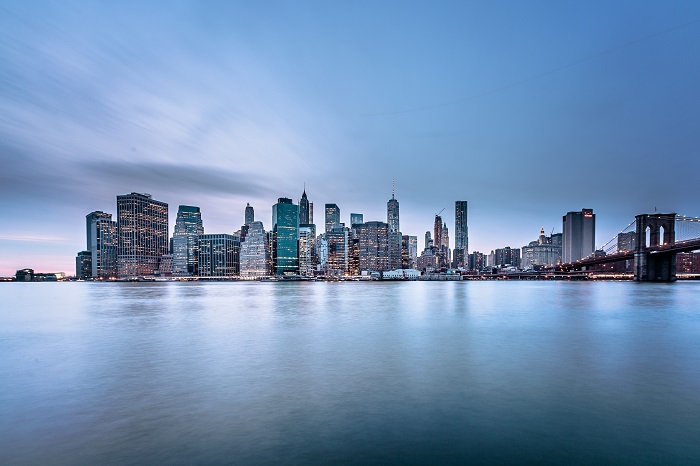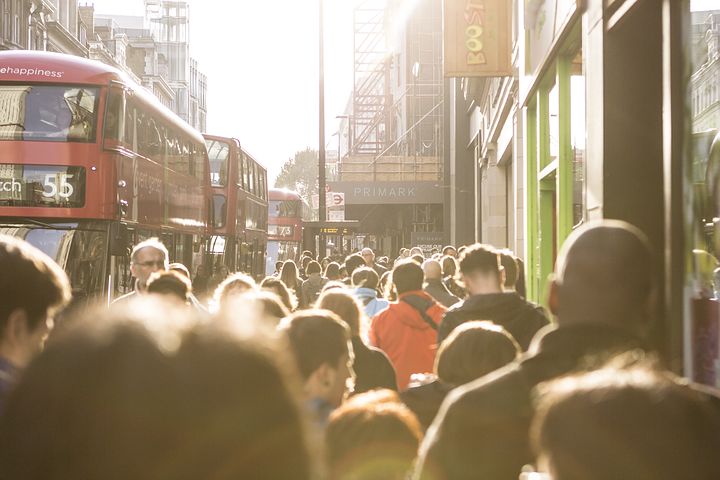
Water is crucial to humanities survival, and the sustainability and development of cities and maintaining ecological prosperity. The same is also true for contaminated water, dubbed as wastewater, which many people could well be surprised by. While left untreated it can pose a serious health risk in places like China and Pakistan, UK cities endeavour to not only reuse their plastics, but their water too.
Wastewater has a big role in city planning, ensuring that there’s a healthy water environment throughout the cityscape. Water that’s been previously used in homes, businesses and indeed anywhere else is reused, all to the betterment of everyone. But why is this being done, and how?
Well, first there’s the consideration that cities themselves are becoming more crowded places. There’re things like immigration that’s surged significantly in recent times, and people are also having more children. Resources absolutely need to be pulled to accommodate such a heavy influx of people, and to ensure that everyone is living a good quality of life across the board. While space isn’t running out yet, water is something that has become a concern in some areas. This is because water is used for a variety of things and it’s constantly being used up. Remember, water isn’t just for drinking! In one way or another, it’s used in production, manufacturing, energy efficiency, climate adaptation and more. There’re valid industrial, environmental and ecological concerns at the heart of it all.

Water also isn’t a commodity, it’s a human right. There will never come a time where water is not needed, not only for people but for animals and the environment too. It’s a resource for all, and in modern times, it’s being wasted, contaminated and endlessly polluted. However, efforts are now being taken to counter all these harmful occurrences. Through flow control engineering, used and wastewater can be recycled once again into drinking water, or even be fed back into the environment. This means that there’ll never be a shortage of the most basic and important resource we have, and that a universal standard for water can be more easily maintained.
Oil companies and fracking have all put their own dents in the quality of the world’s water, but wastewater treatment in cities at least provides a countermeasure. Cities are taking the reins and leading the charge, providing an example of how things can be reused so effortlessly. It encourages others to follow suit and sets a worthwhile precedent around waste, pollution and access to fundamental resources. After all, places like London have hosted numerous environmental protests recently, so it’s only fitting that the cityscapes provide much of the groundwork around wastewater management. It’s where all the biggest changes and innovations are conceived, made and implemented!



Leave a Comment